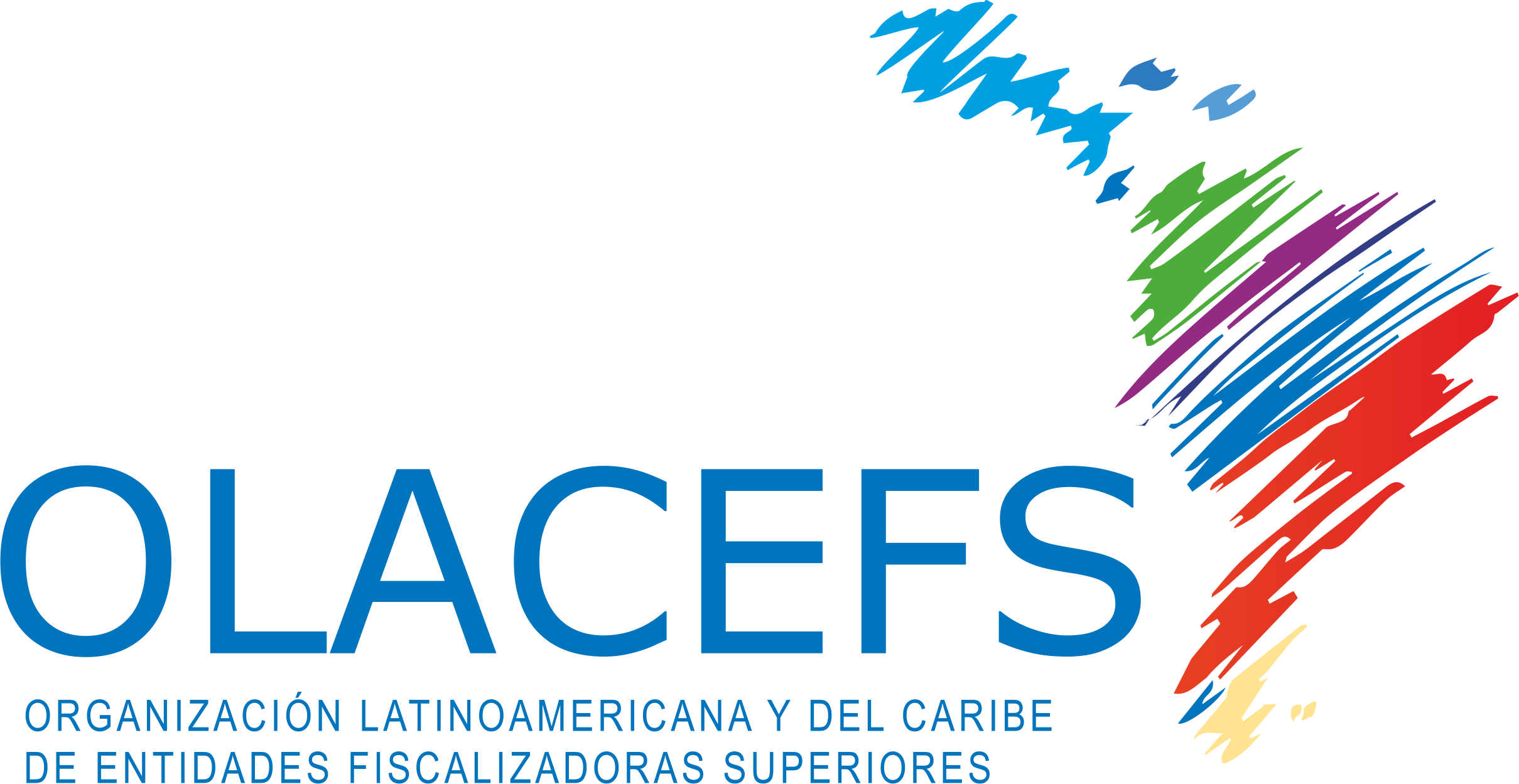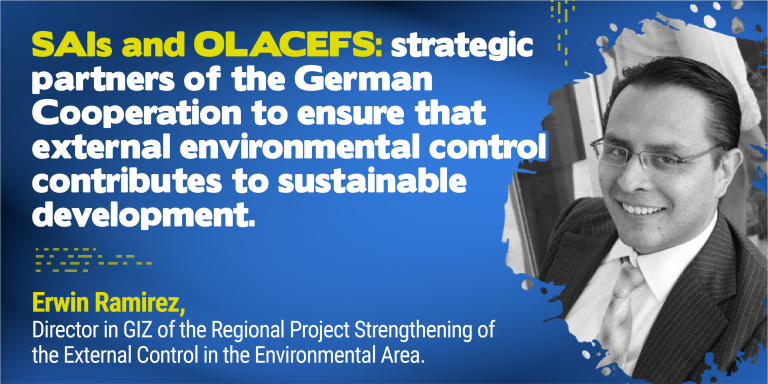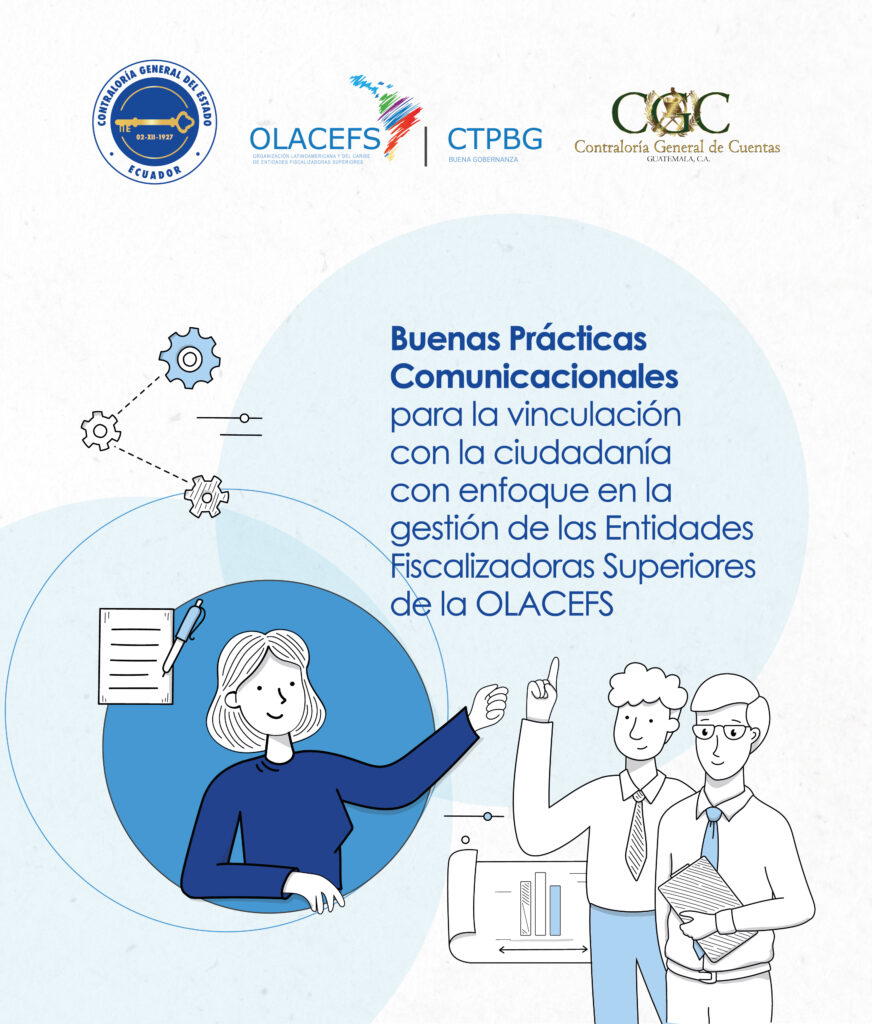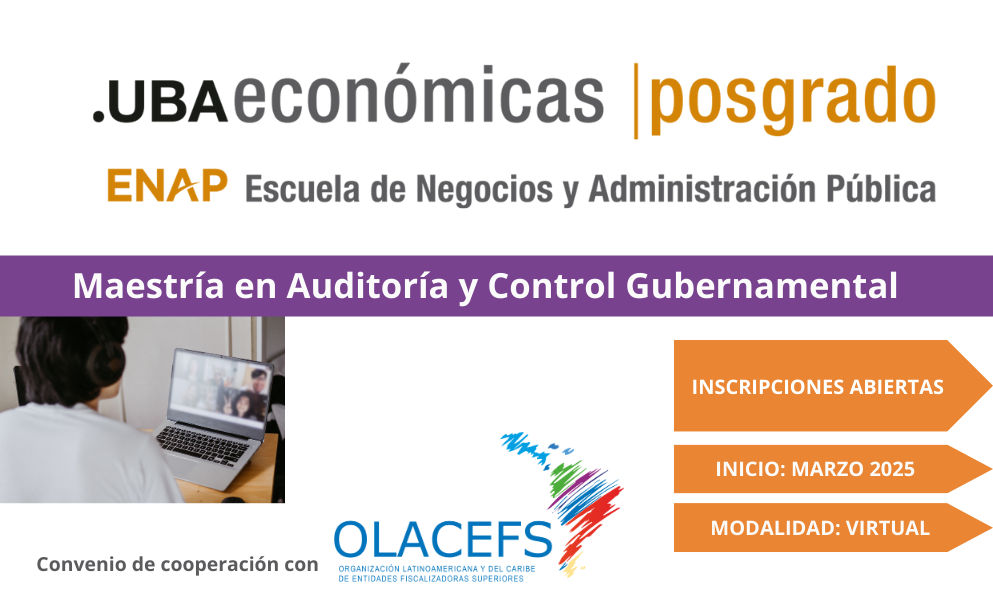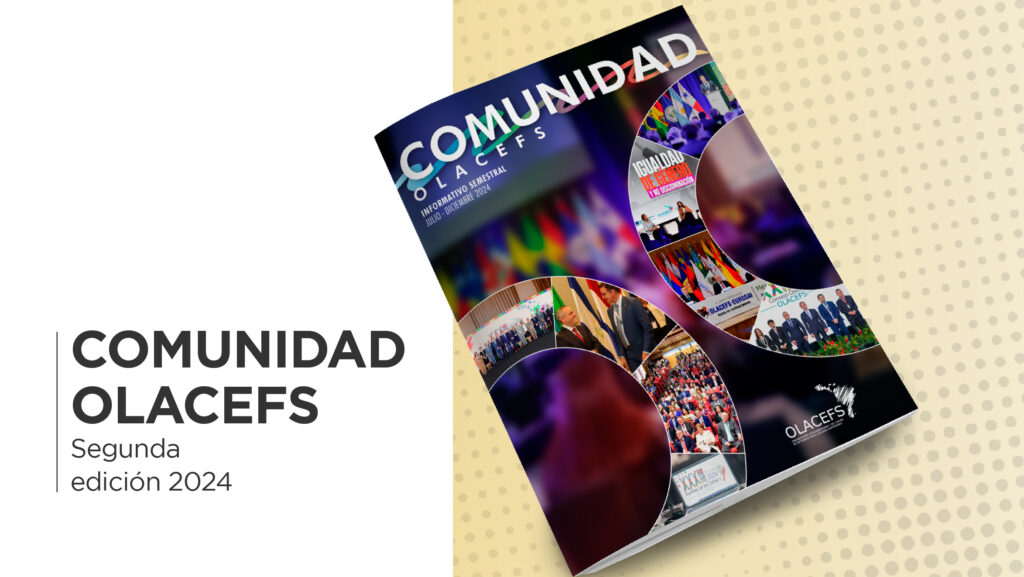Erwin Alberto Ramirez G.
Director of the Project for Strengthening External Control in the Environmental Area
Deutsche Gesellschaft für Internationale Zusammenarbeit (GIZ) GmbH
Germany and the countries of Latin America and the Caribbean are signatories to international agreements and voluntary commitments to protect biodiversity, as well as to mitigate and adapt to the impact of climate change. To achieve these goals, which are included in the 2030 United Nations Agenda for Sustainable Development, the Convention on Biological Diversity and other international agreements, the involvement and collaboration of complex structures within States, including public bodies, the private sector and civil society, as well as the participation of international organizations, is essential. This becomes relevant when pursuing the sometimes contradictory objectives of economic growth, environmental protection and social development.
In this sense, in recent years, the German development policy has been oriented towards improving the overall environmental, social, economic and political framework conditions to eliminate the causes of poverty and promote sustainable global development. In Latin America and the Caribbean, since 2012, the German Cooperation, through the Deutsche Gesellschaft für Internationale Zusammenarbeit (GIZ) GmbH, has forged a strategic alliance with the OLACEFS, which has favored the development of technical capacities, the exchange of experiences, and greater visibility of products and services to society by the member Supreme Audit Institutions (SAIs).
Moreover, in 2016, the German Cooperation, the Federal Court of Accounts (TCU) of Brazil and the OLACEFS signed a Technical Cooperation Agreement and a Memorandum of Understanding, respectively, to contribute, through the Regional Project Strengthening External Environmental Control (video), to environmental governance and the good management of public financial resources applied in the sector. Since then, joint efforts have been made to contribute to the strengthening of processes and development of models, methodologies and tools to support environmental auditing, and also to the efficient, effective and transparent implementation of the 2030 Agenda. A particular example is the work on the role and methodologies for external control to prevent or mitigate the effects of wildlife trafficking.
This partnership has also contributed to the implementation and promotion of innovative mechanisms for cooperation and knowledge exchange among member SAIs, as well as improving the supply of their capacity building services. The efforts for distance training stand out, with the results of the massive open online courses (MOOCs) on performance auditing, as well as on the role of the SAIs in the implementation of the SDGs, in addition to the virtual courses on the design of communication strategies for audit products and on the auditing of protected areas. In addition, exchange and learning forums on sustainable development have been promoted with ECLAC, IUCN and other organizations.
The coordinated audits supported (on protected areas, renewable energy in the electric power sector, the readiness of governments in Latin America and the Caribbean to implement the 2030 Agenda, cross-border governance policies, as well as mining environmental liabilities) deserve special attention because they are based on a collaborative model of capacity development, in which – as has already been explored in another blog – the different SAIs involved participate in a training process that seeks to standardize their capacities in performance audits and on the topic to be addressed, always paying special attention to the integration of cross-cutting issues related to the SDGs.
No less relevant are other benefits of this technical cooperation which include methodological innovation, internalization and replication of acquired knowledge, capacity building and application of new tools to modernize the work of external control. Leveraging new digital technologies for improved public management by SAIs has become an issue of greater importance, as addressed at the XXIII INTOSAI Congress in September 2019. In this area, the development of a tool for (self) assessment of the level of maturity on the use of information technologies, as well as the promotion and training on the use of multicriteria spatial analysis, drones and geotechnologies, have been an innovative component in which positive progress has been made. This is exemplified in the Capacity Building Program on the use of Geotechnologies, which was conceived on the basis of a regional Training Needs Diagnosis and incorporates various activities of awareness-raising, face-to-face and virtual training (in ICTs, drone use, multicriteria spatial analysis and even artificial intelligence to assist in the large-scale audit process) and disclosure on the matter, in addition to the International Seminar on Data Analysis.
In addition, a key area of work has been the strengthening of strategic and differentiated communication of member SAIs with stakeholders (internal and external). The development of an organizational communication strategy with stakeholders in the environmental area is a special example, which has even evolved into the development of methodological guidelines for the effective use of social networks. An additional example is the development of the ODS.OLACEFS application to enhance the monitoring and disclosure of audit recommendations linked to the 2030 Agenda.
As can be seen, this fruitful collaboration with the OLACEFS reflects the contribution and potential of external control to have a favorable impact on sustainable development, with a focus on results, as well as the integration of these developments in the knowledge management and monitoring system of the OLACEFS. This collaboration, furthermore, is aligned with the recognition expressed by the United Nations General Assembly, in its Resolution A/69/228 (December 2014), which highlights the importance of SAIs by “promoting efficiency, accountability, effectiveness and transparency of public administration, which favors the achievement of national development goals and priorities, as well as internationally agreed objectives.”
Finally, I cordially invite you to learn about the portfolio of projects, and approach of cooperation and achievements of the German Cooperation by collaborating with SAIs of other regional organizations. This information is published in the article “SAIs: Important Partners for the German Development Cooperation” published in the Spring edition of the INTOSAI Journal http://intosaijournal.org/site/wp-content/uploads/2020/04/INTOSAI-Journal_Spring-2020_Interactive-Version.pdf
About the author:
Since November 2017, Erwin Alberto Ramirez G has been working at the Deutsche Gesellschaft für Internationale Zusammenarbeit (GIZ) GmbH as Director of the regional project, Strengthening External Environmental Control, commissioned by the Federal Ministry for Economic Cooperation and Development of Germany (BMZ) and implemented jointly with the TCU of Brazil and the OLACEFS. From 2003 to 2017, he collaborated with the Superior Audit Office of the Mexican Federation, where he held various positions, including Director of Institutional Relations (international cooperation). He has extensive experience in technical cooperation and coordination of initiatives and working groups within the scope of the INTOSAI, as well as the OLACEFS. He has a degree in International Commerce with a specialty in logistics from the Instituto Tecnológico y de Estudios Superiores de Monterrey, where he is studying a Master’s degree in Applied Public Management.
